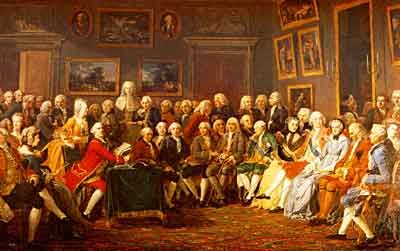The Age of Enlightenment is the term used to define the 18th century. During this period, philosophers and intellectuals exchanged their ideas and knowledge in order to contribute to the progress of science. Their aim was to counter the obscurantism caused by the religious and political authorities of the time.
Obscurantism is an attitude of opposition to the spread and education of knowledge. During the Middle Ages, the religious kept the population in obscurantism, because they blocked the diffusion of the new scientific discoveries of the time.
The philosophers of the time were the Enlightenment of the 18th century. It was mainly they who criticised and questioned religious and state power. There were many famous 18th-century philosophers: Rousseau, Voltaire, Locke, Montesquieu, Diderot and others. Some of these philosophers developed their own methods of thinking, which led to the creation of their own philosophies.
Philosophy is an activity that involves asking questions in order to define and understand concepts. Philosophers reflect on various subjects such as good, evil, justice, happiness, the world, human existence and so on.
According to Rousseau, human beings naturally want to do good, but life in society corrupts them and can lead them to be evil or unhappy. Rousseau developed the idea of the social contract, according to which it is the people who really hold power. He also defended the fact that human beings are free and equal. His democratic ideas were at the root of the American and French Revolutions.
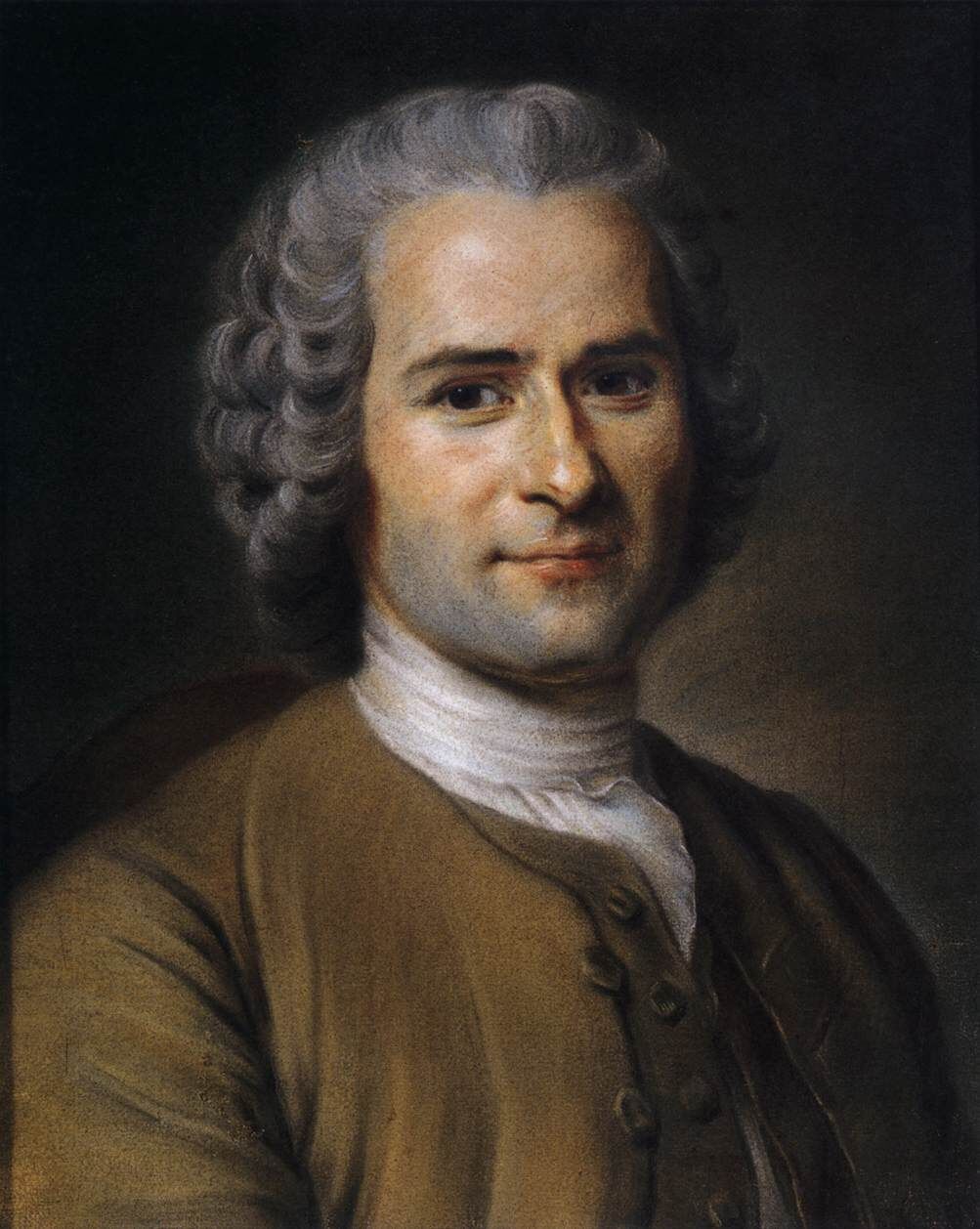
Jean-Jacques Rousseau
This philosopher was highly critical of monarchical power. He believed that human rights should be equal and should not be defined by the family to which they belonged. In doing so, he denounced the inequality that existed between royalty and the people. Voltaire believed that the State had a duty to be tolerant and to accept individuals' freedom of thought and religion.
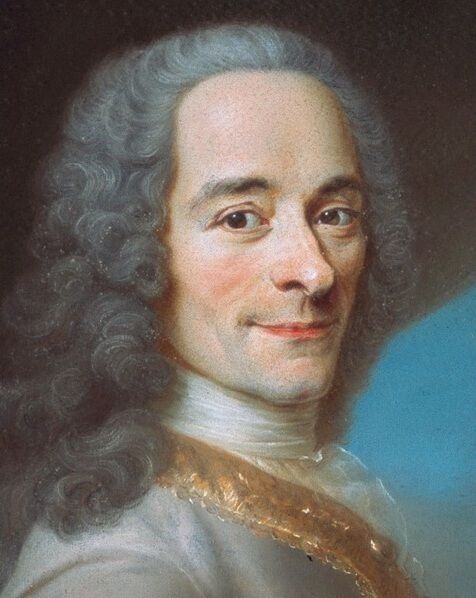
Voltaire
Locke was a famous English philosopher who also practised politics. For him, human beings are natural and so are their rights. He rejected the idea that one human being should be subject to the orders of another because he was higher up in the social hierarchy. John Locke also devoted himself to science, which he believed to be fair thanks to the experimental method.
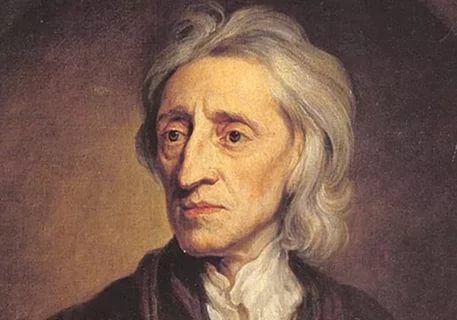
John Locke
Although their ideas differed slightly, the Enlightenment thinkers or Enlightenment philosophers believed in certain universal principles. These included life, liberty and property. For the Enlightenment, these concepts are natural and cannot be limited by state authorities. They therefore opposed the idea that a person could have more rights if they were in a higher social class. They also believed that the powers of the state should be separated, because if one person had all the powers, they could use them to their own advantage.
Philosophers spread and shared their ideas in a variety of ways. Firstly, they published a number of works presenting their thoughts. The most famous of these works is the Encyclopaedia. Published from 1751 to 1772, this series of books was written by Diderot and Alembert, two philosophers who had the audacity to list all the knowledge of the time!
The ideas of the Enlightenment were shared in the salons. In fact, many women of the time held salons, inviting many of the great thinkers and artists of the time for discussions that were often philosophical.
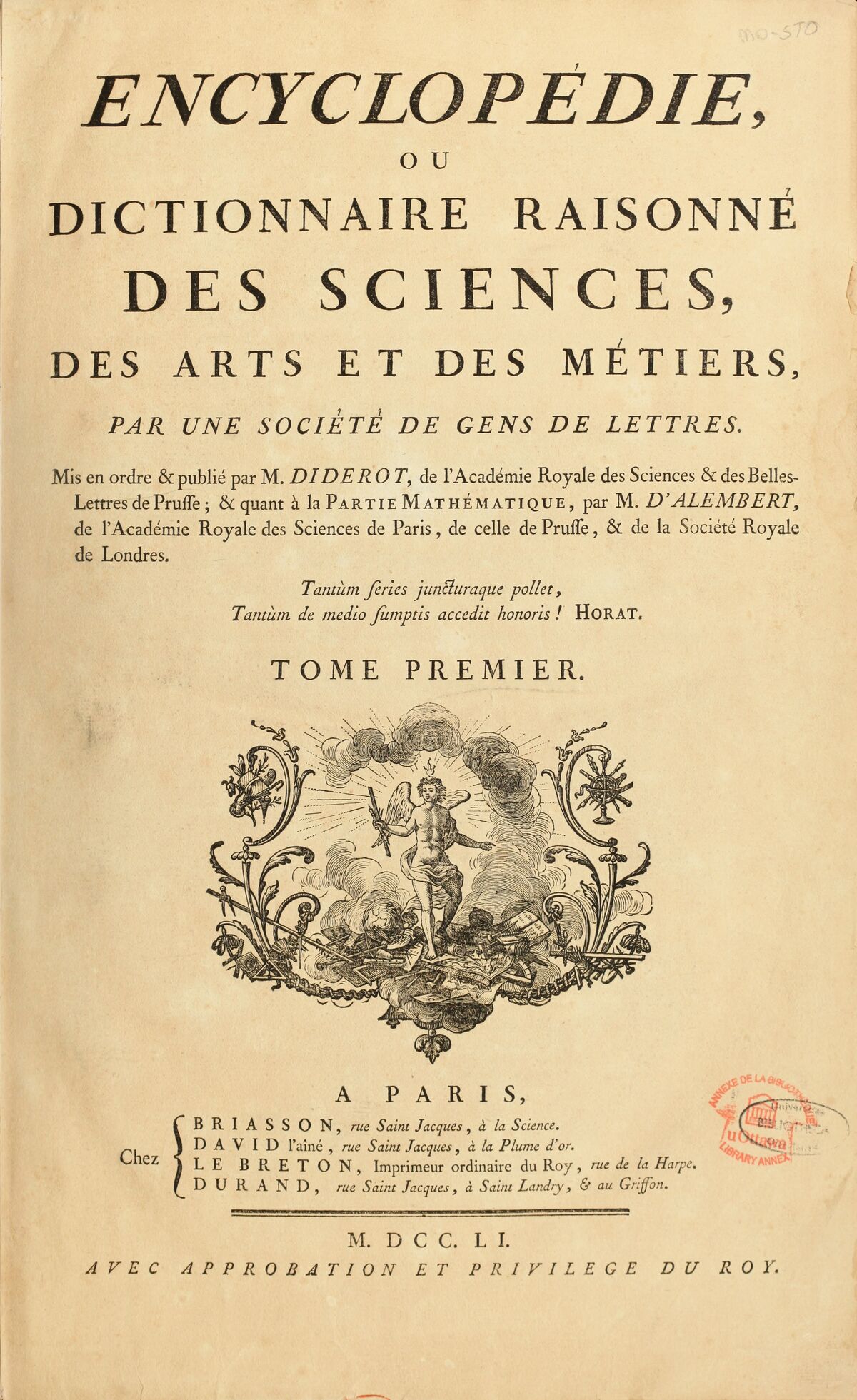
The cover of the first volume of the Encyclopaedia
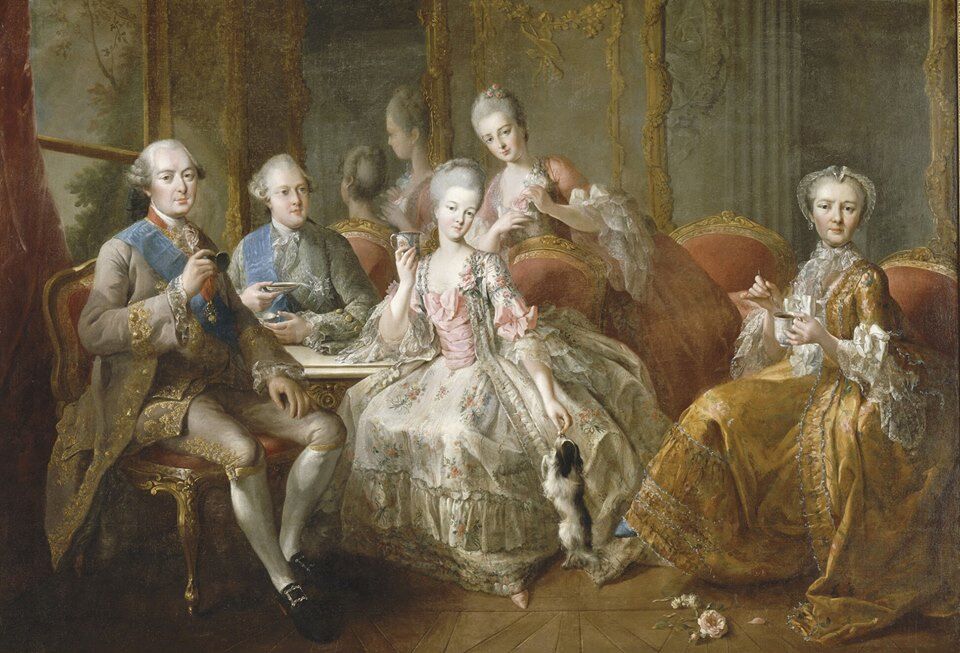
A salon of Enlightenment philosophers
The philosophers put forward the idea that the powers of the State should not be held by the same person. According to them, if a person of authority wielded all three powers (legislative, executive and judicial), he or she could use them to his or her advantage to convict an innocent person or to create laws that were personally useful to him or her. The Enlightenment therefore advocated the separation of powers in the State, which called into question the authority of the kings of the time, who possessed all the powers.
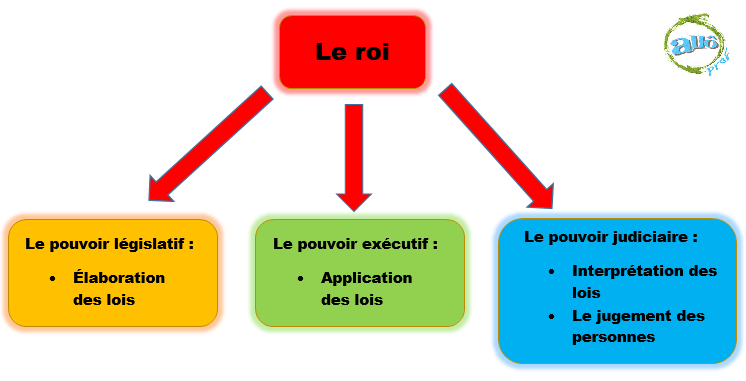
Note: Image in English coming soon
All the ideas put forward by the Enlightenment thinkers or Enlightenment philosophers and their dissemination were undoubtedly the causes of the American and French Revolutions.
